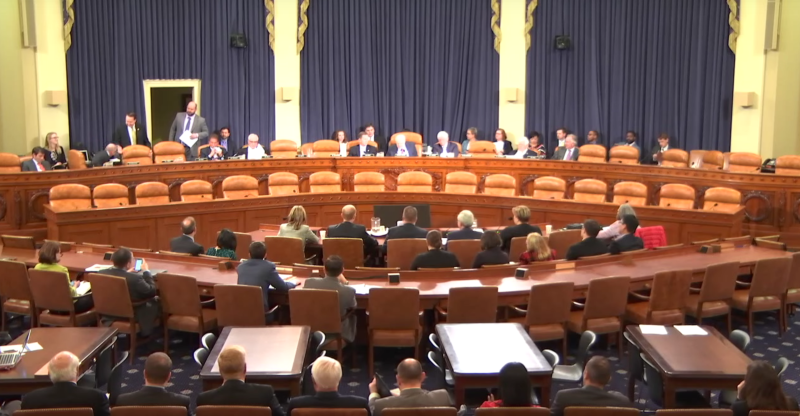This story originally appeared on Houston Public Media.
Gary Vincent retired from the Houston Fire Department as a captain in 2015. He’s now chief of the Magnolia Volunteer Fire Department in Montgomery County.
“Most of my life — like most firefighters, police officers, and teachers — I’ve worked two and three different jobs, and I’ve paid into Social Security, like all other Americans do,” Vincent says.
For decades, people who spent their careers working in jobs not covered by Social Security often wound up collecting more when they retired than people who’d spent their careers paying into the system. To correct that, Congress passed the “Windfall Elimination Provision,” or WEP, in 1983.
But WEP wound up causing a lot of problems for people like Vincent.
“Unlike most Americans,” he says, “when a person with a government pension retires, and they go to draw Social Security, because of the WEP bill, we are penalized about two-thirds of what all other Americans would receive who paid the same amount into Social Security that we do.”
The Social Security Administration estimates 1,692,000 workers and their dependents have lost retirement or disability benefits as a result of WEP as of last December.
Republican Congressman Kevin Brady has introduced a bill to fix the problem, H.R. 711, cosponsored by Massachusetts Democrat Richard Neal. Brady chairs the House Ways and Means Committee. His district includes Montgomery County. He addressed a hearing of the House Social Security Subcommittee Tuesday morning.
“Under our approach,” Brady said, “two workers with the same lifetime earnings — one who’s spent an entire career in Social Security-covered employment, another who’s worked in both covered and Social Security substitute work — will receive a Social Security benefit that is calculated the same way.”
Almost two-thirds of the Texas congressional delegation has cosponsored Brady’s bill. Democrat Gene Green’s district covers eastern Harris County.
“To me it’s patently unfair that you have public servants who pay into both Social Security and their pension plans for their government agency that they can be punished by being docked as much as $413 a month,” Green says.
President Obama proposed a similar measure to replace WEP as part of the budget he sent to Congress last month. The president’s proposal would be phased in over the next decade and would only apply to future retirees. Brady’s bill would apply to current retirees as well and would take effect immediately.
















